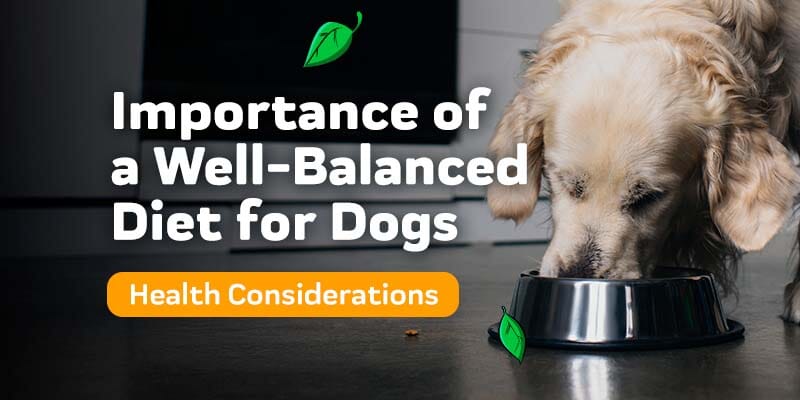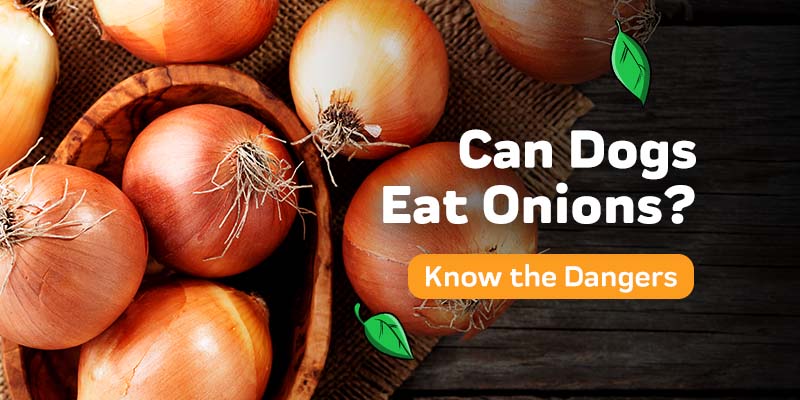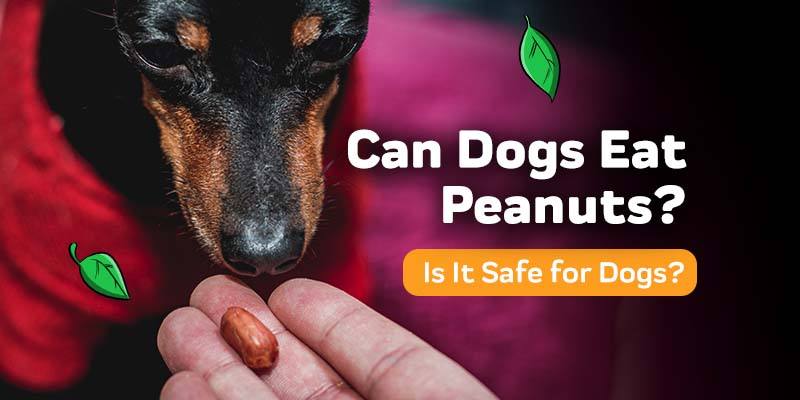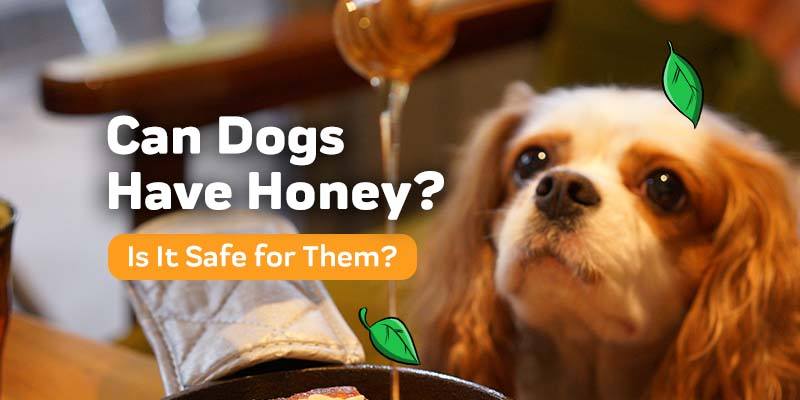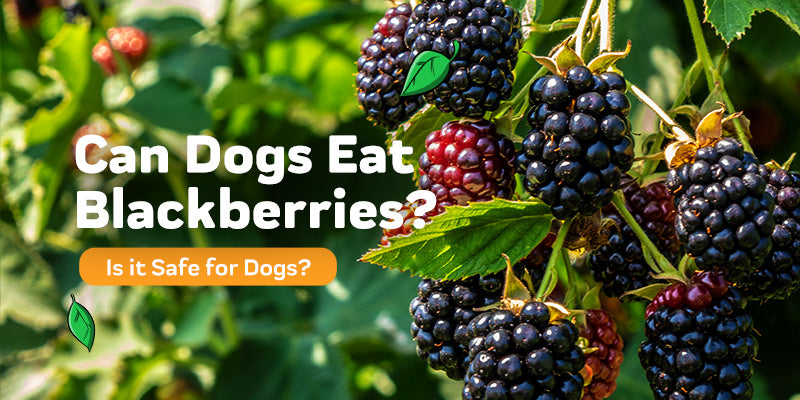You might know that canines never should eat chocolate (more on that below); however, what about cats? Can cats eat chocolate?
Should cats eat chocolate? Here is the answer: no, pets never should be offered this yummy treat. The chocolate cats eat is extremely dangerous for felines, and even more so than in canines. The majority of cats will not look for chocolate like canines, but if it’s given to them, they may be curious enough to eat it. Occasionally adults or small children who aren’t aware of chocolate’s dangerous effects will try to give chocolate to felines as a cat treat. It may poison your kitty, or cause toxicity. If your pet has eaten chocolate, she ought to be taken to a vet immediately.
Do Cats Eat Chocolate: Why Is It So Bad for Felines?
 Theobroma cacao (Latin term for the cocoa plant), and roasted beans make a tasty treat; however, what makes it so wonderful for human beings is precisely what makes chocolate so harmful for animals.Why can't cats eat chocolate? Even though fat, sugar, and xylitol (sugar substitute) are not good for felines either, it contains a couple of ingredients which pose a big threat to a pet's health: caffeine, as well as theobromine, a plant alkaloid which naturally occurs in cacao. Theobromine is a proven toxin for the majority of animals, which includes cats, as noted within the research that was published by the Frontiers in Pharmacology journal.
Theobroma cacao (Latin term for the cocoa plant), and roasted beans make a tasty treat; however, what makes it so wonderful for human beings is precisely what makes chocolate so harmful for animals.Why can't cats eat chocolate? Even though fat, sugar, and xylitol (sugar substitute) are not good for felines either, it contains a couple of ingredients which pose a big threat to a pet's health: caffeine, as well as theobromine, a plant alkaloid which naturally occurs in cacao. Theobromine is a proven toxin for the majority of animals, which includes cats, as noted within the research that was published by the Frontiers in Pharmacology journal.
Can A Cat Eat Chocolate: Why Are Those Ingredients So Harmful to Pets?
The two primary culprits, theobromine and chocolate, are stimulants. Discovered in many drinks and food items besides chocolate, caffeine becomes toxic as absorbed inside your pet's body, which leads to increased thirst, diarrhea, vomiting, restlessness as well as an increase in heart rate, according to Banfield Pet Hospital. Theobromine leads to likewise symptoms when consumed.
Can Cats Have Chocolate: How Much of It Is Just Too Much?
Can cats eat chocolate? Any quantity of it is too much for your pet. All types of it are harmful to your cat, like baking chocolate and cocoa powder (most toxic because of their high theobromine level), semi-sweet, dark, milk, and also white chocolate, with its low cocoa percentage.
But the toxicity level depends upon how much he consumes and what type. For a 10 lb. cat, according to Petful, a single little square of baking chocolate may do as much danger to your cat as 23 chocolate drops. You ought to avoid allowing your kitty to consume small quantities of chocolate, as any quantity might cause sickness.
Can Cats Eat Chocolate? What Can you Do If Your Pet Consumes Chocolate?
Cat eat chocolate, now what? First of all, it is important to stay calm. Felines are extremely in tune with their pet parent’s emotions and are going to respond if they notice you stressed. As you’re showing indications of distress, the pet may also become anxious. Once you’ve composed yourself, contact your vet. Just try your best to discuss on the telephone how much chocolate the cat has consumed and underneath what circumstances. The quicker toxicity is treated, the better the odds for your pet’s recovery. Symptoms don’t always immediately show; therefore, even if your cat shows no indications of poisoning, it’s still vital that you act quickly.
Chocolate Poisoning Symptoms in Cats
Poisoning in cat symptoms may vary vastly depending upon the individual pet.
If your feline shows any of the following symptoms, immediately contact a vet.

- Coma
- Cardiac failure
- Muscle twitching/tremors
- Lethargy
- Seizures
- Abnormal/fast heart rate
- Change in blood pressure
- Fever
- Diarrhea
- Vomiting
Am I Able to Induce Vomiting at My Home?
The answer is no, unfortunately. Inducing vomiting in felines isn’t a very safe practice. Some experts suggest offering a canine hydrogen peroxide or an additional substance that induces vomiting as they’ve consumed anything that is poisonous. When provided to felines, hydrogen peroxide produces hemorrhagic gastroenteritis, a medical word that is utilized to describe when felines vomit blood. Also, hydrogen peroxide may produce ulcers in your cat’s esophagus and stomach; therefore, don’t try to attempt this technique at home. You can instead, get the cat to a veterinarian as soon as possible.
Chocolate: What Toxins are Inside of It?
Can cat eat chocolate? The toxic ingredient inside chocolate is referred to as theobromine, a kind of xanthine discovered in cacao. As theobromine exists in all chocolate, which includes white chocolate, it’s most potent in raw cacao and strongest in dark chocolate. Xanthine involves a category of alkaloids with an extremely low level of toxicity for human beings yet a high level of toxicity in dogs and cats. Plants naturally create this alkaloid, which generates a bitter flavor. The flavor is supposed to deter additional herbivores from eating its leaves.
Alkaloids: What Can they Do to Felines?
- Relaxes muscles
- Stimulates the nervous system
- Because of its diuretic properties, it increases fluid loss
- Lower blood pressure
- Raise heart rate
Cats do not have the ability to metabolize and digest theobromine the exact same way human beings can. Due to this, theobromine is going to remain inside the feline’s bloodstream for almost twenty-four hours, which wreaks havoc on their internal systems and health.
What Occurs Next?
Stay as calm and collected as you can because felines are highly in tune with their owners' emotions. Try and keep them calm, cool, and in a peaceful area to assist in keeping the chocolate poisoning symptoms from getting worse.
Your veterinarian might ask that you induce vomiting to assist in preventing your pet from toxin digestion. As you get to the clinic, she or he will conduct tests on the pet, which includes administering fluids for dehydration. The pet's weight and health in conjunction with the amount and type of chocolate ingested is going to determine which further treatments and tests are needed.
How to Prevent It from Occurring
Consumption of chocolate is 100% preventable: keep it out of his reach. Felines are unpredictable, curious creatures, and enjoy snooping around the kitchen; therefore, secure all chocolate inside a sealed container. Imagine all of the products that may contain chocolate, which includes donuts, brownies, candies, cookies, etc., because it is not only the bars that may make him sick. It’s especially a fact around holidays such as Halloween. If you are entertaining, put any candy dishes in areas that are hard for your pet to reach then immediately store them after the celebration. If a visitor asks if your cat can consume chocolate, you now are ready to answer with a "no."
Pet owners enjoy rewarding their cats, and it’s possible to do so safely by sticking with safe kitty treats, made to keep your pet healthy and happy.
Treating Chocolate Poisoning in Felines
The vet first will start by inducing vomiting. If chocolate was already digested, the veterinarian will utilize a liquid type of charcoal that clears it out. The feline, in doing so, may pass the chocolate without more poison exposure. Because it’s a diuretic, it’ll be critical to keep the cat hydrated. Intravenous fluids likely will be given, and it is possible to expect that your veterinarian will hold your pet overnight. The initial 24 hours are the most critical while treating chocolate toxicity in felines, yet it may take up to multiple days for a complete recovery.
Even with the use of treatment, there isn’t any guarantee that a feline is going to survive chocolate poisoning therefore, it’s important to keep the cat away from this harmful ingredient. In keeping every bit of chocolate away from your pet, it is possible to prevent any problems from coming up later.
Can Dogs Consume Chocolate?
It often can be tempting to share snacks or table scraps with a dog. Because after all, you have a lot to share and your pup is your best friend! But, it’s always better to proceed with extreme care. While the majority of human foods are okay for canines to ingest in tiny amounts, some are highly toxic. Chocolate sits high upon the toxicity list for canines and is among the top dog poisoning causes.
What Makes It Toxic to Canines?
Chocolate contains a couple of substances which may be dangerous to dogs, which includes caffeine and poisonous substance referred to as theobromine. Theobromine is like caffeine in many ways and within larger amounts, it may be toxic to not just dogs yet also human beings. Both caffeine and theobromine stimulate the nervous system and increase heart rate. While those symptoms show to be safe the majority of the time in human beings, dogs are an entirely different story. Canines metabolize theobromine at a slower pace than people and, because of this, even a fairly small quantity may be toxic. The risks related to canine intake of chocolate usually depend on the quantity and type of chocolate eaten, as well as, the dog’s weight. Different kinds of chocolate have various concentrations of caffeine and theobromine.
A rule of thumb for knowing where chocolate falls upon the dog toxicity meter is that the more bitter and darker the chocolate, the more toxic. Dry cocoa powder includes the most toxic to canines and has the greatest theobromine concentration. The list continues on from most toxic down to least toxic with baker’s, semi-sweet, dark, milk, and white chocolate. It’s vital that you keep in mind that products that contain cocoa powder or chocolate also can be toxic to canines, which include pudding, chocolate ice cream, chocolate milk, and desserts. For instance, 8 oz. of milk chocolate might make a sixty-pound dog sick, whereby, as little as an ounce of baker’s chocolate might poison him. The age and weight of dogs also can impact how they respond after chocolate intake. One typical guideline regarding dog weight against chocolate intake is that usually the larger or heavier the pup, the less the respective impact might be felt. Using the exact same example above, if a five or ten-pound dog ingested 8 oz. of milk chocolate, it might result in substantial poisoning.
What You Can Do If Your Pup Consumes Chocolate
If you think your pup has eaten chocolate, immediately call your vet. If your vet clinic isn’t available, it’s also possible to contact the Pet Poison Helpline at (855) 764-7661 for any suggestions. It’s helpful to be ready with all medications and medical history the pup might be taking as the vet might require this to sift through the symptoms. Depending upon the size of the dog and the type and quantity of chocolate which was ingested, the vet might ask that you immediately bring your dog in or simply observe him for any indications of his condition growing worse.
If your dog ate chocolate less than two hours before you noticed, the vet might ask that you bring him in so they’re able to induce vomiting and provide him several doses of activated charcoal. Such charcoal removes the toxins out from the body before they’re absorbed inside the bloodstream. If the dog’s case is more serious, the vet might have to offer more treatment, like fluids through an IV, to ameliorate the impact of the chocolate poisoning. If there are any concerns or questions, it’s always suggested to bring your pet immediately to the veterinarian office.
Understanding a Dog’s Digestive System
Canines have digestive systems that are thoroughly different from human beings. In people, the saliva and jaw shape start breaking foods down instantly inside the mouth. Canine mouths are made for tearing and crushing, while their saliva is designed more for destroying bacteria than breaking food down, which is the reason why they’re able to consume raw meat and additional things that might send most people to the hospital.
The majority of the digestion occurs in the dog’s stomach, in which food enters in chunks. The dog’s stomach acids are almost 3 times more potent than the average human being’s stomach acid; therefore, they’re able to break food down that’s virtually swallowed whole. From mouth to colon, food sources take around ten hours to digest inside the dog’s body, yet dogs still can succumb to diarrhea and vomiting.
As unpleasant as it may be, vomiting is a natural instinct for humans and animals alike. It is a way to empty the stomach of indigestible or otherwise undesired substances, which keeps it from getting further inside your system.
It also can happen as the dog’s gastrointestinal (GI) tract is irritated or because of any type of colonic stimulus. Diarrhea oftentimes happens as that indigestible or unwanted substances make its way completely through the pup’s digestive system.
But diarrhea and vomiting alike have various causes, some severe, some less severe.
What Can You Do When Your Pet Vomits?
For infrequent or occasional vomiting:
- Do not give your dog any food for the following twelve hours. It’s possible to offer him up to three tablespoons of water every thirty minutes or give ice cubes to munch on and lick.
- Reintroduce his water bowl after twelve hours
- Give bland food. Most folks go with cooked chicken and white rice, yet any combination of starch and lean meat will work. Keep the ratio to around 1-part lean meat to every 5-parts starch.
- Begin to feed your pup a couple of teaspoons of the rice and chicken. If he’s able to keep it down, feed the dog a little every 2 hours.
- If vomiting ceases, it’s possible to start feeding your pet his usual food the following day.
For more serious cases of vomiting:
- Take away all food that your pet can get to.
- Inspect the dog for indications of shock and/or dehydration, which include pale gums and skin, collapse, coma, or abnormal disposition.
- If your pet exhibits any serious symptoms, immediately take him to the veterinarian.
It isn’t always simple to deny your furry friend something they might beg for. But, as it’ll come to chocolate, you never should compromise. Chocolate is very toxic to dogs and may lead to extreme sickness and in some instances, death. Like many human beings, dogs like the taste of chocolate and if they see some, they might not stop consuming it until nothing remains. It’s better to store the treats or chocolate that contain chocolate derivatives, like a hot chocolate mix or cocoa powder, in a closed-door pantry or high shelf. Also keep in mind to remind house guests or children to keep all chocolate out of the dog’s reach and not to leave anything on purses, tables, or countertops. The following time your dog gives you those adorable puppy eyes, forego the chocolate and instead toss him a doggy treat!
A rule of thumb includes providing a quality diet that’s filled with all of the nutrients and vitamins your pup needs. This might mean including a hemp supplement, such as the ones found at Innovet Pet Products. Activated hemp supplements will benefit other areas of your pet’s health, which includes improved skin, anxiety relief, and support for your pet’s nervous system.
Innovet Pet Products offers a line of Hemp Dog Treats that are very safe for dogs to consume.
Sources:
Foods Your Cat Should Never Eat
Cats and Chocolate
Can Cats Eat Chocolate?
Can Cats Eat Chocolate?
Dr. Sara Ochoa
Doctor of Veterinary Medicine, St. Georges University

Thanks for stopping by!
P.S. We Love You!
Sincerely,
The Innovet Team
Please do not ask for emergency or specific medical questions about your pets in the comments. Innovet Pet Products is unable to provide you with specific medical advice or counseling. A detailed physical exam, patient history, and an established veterinarian are required to provide specific medical advice. If you are worried that your pet requires emergency attention or if you have specific medical questions related to your pet’s current or chronic health conditions, please contact or visit your local/preferred veterinarian, an animal-specific poison control hotline, or your local emergency veterinary care center.
Please share your experiences and stories, your opinions and feedback about this blog, or what you've learned that you'd like to share with others.













